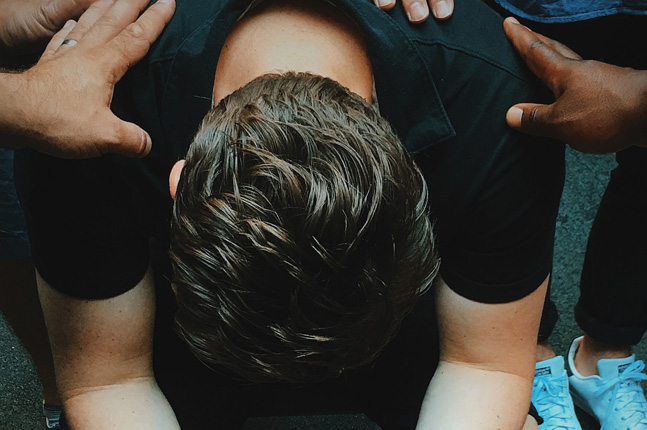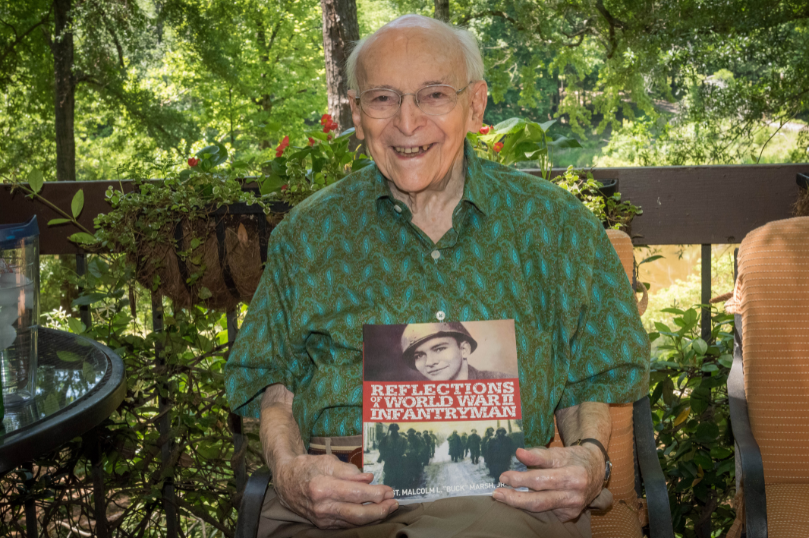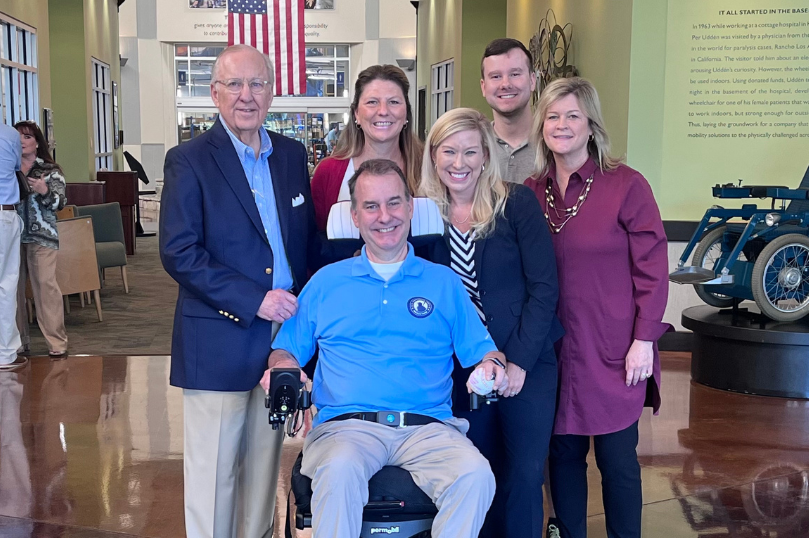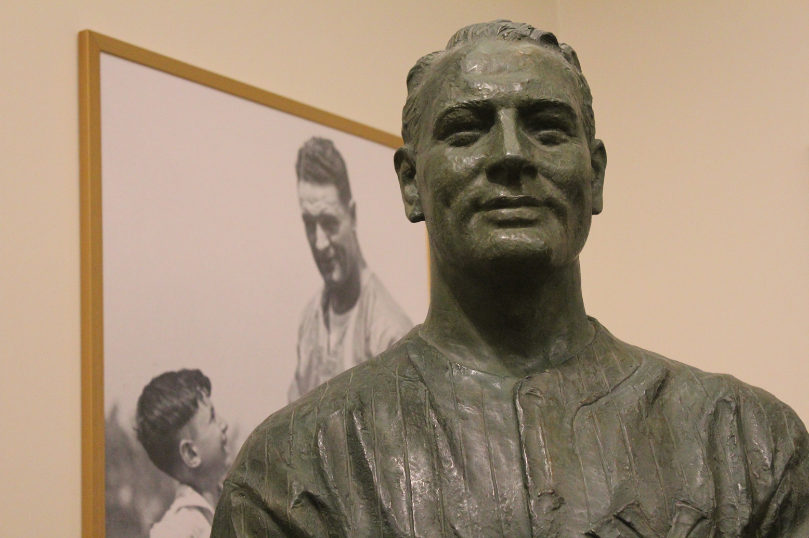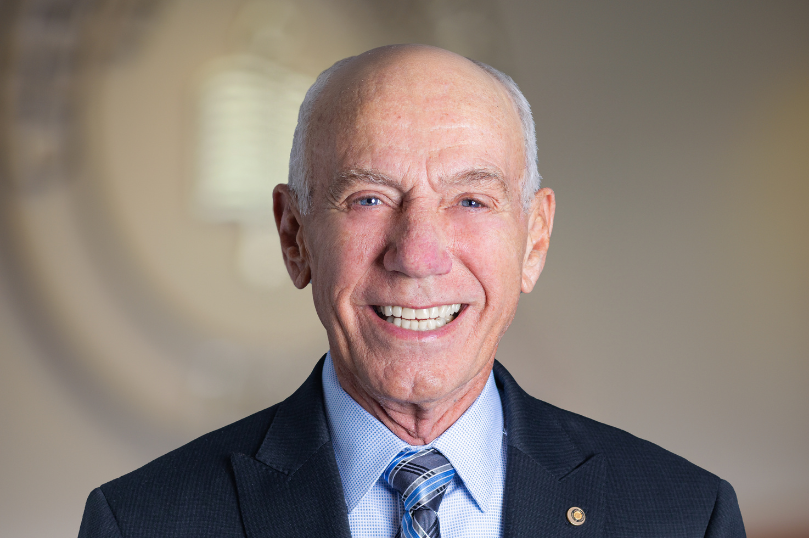By Rob Pasquinucci, Ashland ’93, Editor Emeritus of The Scroll
To an observer, Cam Hopkin was enjoying his semester at Kent State University, where he was attending with a full scholarship. The fun-loving nineteen-year-old had recently pledged the Ohio Lambda Chapter. Chapter President Robbie Speaks, ’20, says he was one of the more dedicated members of his Phikeias class, already signing up to be an Iron Phi and making plans to move into the chapter house.
“We were just getting to know him. He was super stoked to be living in the house, and he asked me questions about leadership,” Speaks says. “He had so much drive and ambition to be successful.”
So, when Speaks’ phone vibrated with a text message on a day in early February, he couldn’t believe what he read: One of Cam’s pledge brothers had found Cam dead after taking his own life.
“It just didn’t seem real,” Speaks says.
Unfortunately, this tragedy happened again. Five days later, in nearby Akron, Ohio, another Phi took his life. And so, Brandon Counts, Akron ’21, Ohio Epsilon chapter president, immediately had to lead his chapter through a crisis.
Between seventy and eighty Phis have committed suicide during the past ten years, based on GHQ estimates. This number includes undergraduates and alumni members. Statistically, college-age men are at very high risk, with suicide being the second-leading cause of death among this group, and the numbers keep rising. The risk isn’t among just the college-aged either. Statistics show men have higher suicide rates than women.
Recent data show suicide rates rising nationally in the US during the past two decades, with 35 percent increases in half the states since 1999. John Rudolph, a crisis counselor in Cleveland, notes his organization has seen a rise in college students’ calls during the time he’s worked there.
The research reported by GQ magazine shows a third of men have experienced suicidal thoughts over the past year, with social media having a significant negative impact on their mental health.
“That’s the population we’re working with, unfortunately. We know it’s an issue with men, and we know we have to do something,” says Province President Dr. Mark Pleiss, Washington & Jefferson ’11, who is also a member of the Fraternity’s education committee. Pleiss works full-time as a psychologist for the federal prison system. He adds that just talking about the issue of suicide can help.
“The Fraternity moved to a position where it acknowledges this issue. I think the biggest thing we’re doing as an organization is having the conversation. That’s the first battle you have to win— you can speak it into reality and address it. That’s why we’ve added suicide prevention and mental health programming to Phi Delt educational conferences.”
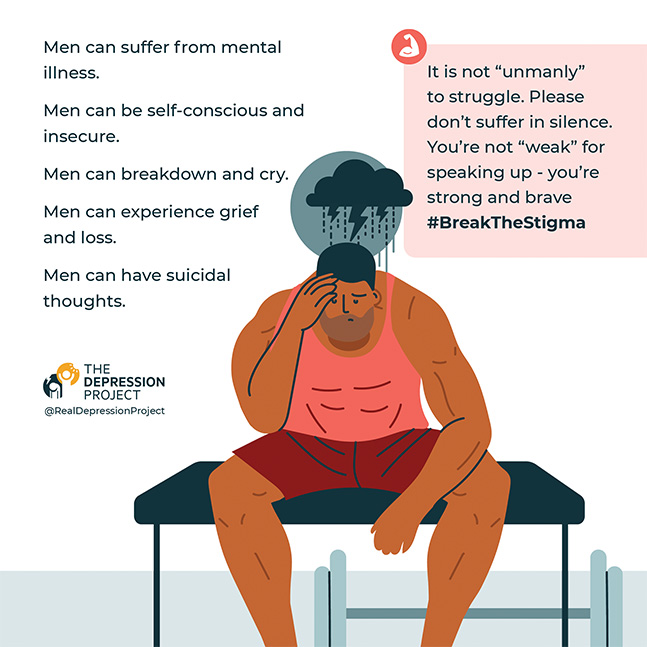
Our Brother’s Keeper
While education is helpful, it’s often the one-on-one interactions that can make a difference in our chapters. Paying attention to our well-being, along with those around us, is critical.
“There’s a spectrum,” Pleiss says. “There’s sick, there’s good, and there’s well. Ideally, we want to be in the ‘well’ category.” Here are questions you can ask yourself:
How do your thoughts, emotions, and behaviors all interact?
What are you doing to make sure the other two components are in-line?
Are you finding those things that, when stress happens, can get you back to center?
Do you have a purpose? Short-term goals?
Are you content? Do you feel like you are a part of something?
“When fraternity is done right, it helps fulfill some of those inner things,” Pleiss says.
“If things are too negative, our emotions lean toward being depressed, and we change our behaviors to things that are more negative,” Pleiss says, adding that this year’s COVID-19 pandemic has taken some positive behaviors—like hanging out with friends—off the table.
So, when you are in a funk, at what point do you seek help?
Pleiss suggests, “When you hit about two weeks and find the things you normally do aren’t working, or anything new you’ve tried to bust you out of the funk, that’s the time to talk to someone. For undergraduates, there are campus resources available, and there are crisis hotlines in every community. You can also call the national suicide prevention hotline in the US at 800-273-8255 or 800-273-8255 in Canada. See the end of the article for other resources.
In addition to additional suicide awareness programs at educational conferences, the Fraternity plans to offer mental health support resources for members soon, according to Director of Education Clay Coleman. “We know we want to offer immediate help and support when needed, and especially view mental health through a broad programmatic lens.”
“We’re also looking to redefine and further equip the chapter office of chaplain to have that officer be the person members can go to access mental health resources available, Coleman adds.
Chapter leaders should be watchful for those who might need help. Often, the brother who is struggling the most appears outwardly to be fine. “You have to be mindful of the people who are giving and giving all the time,” Speaks says. “Those are the people who run out of gas.”

The Impact
The men at Ohio Lambda and Ohio Epsilon paid tribute to their brothers, respectively. The Kent State Phis initiated Cam’s dad and put together a tribute to Cam in the chapter house. Both chapters made contributions to honor the men with Iron Phi status posthumously. Both campuses held candlelight vigils and other memorials. But the impact on the loss of these two Phis (and the many others) continues.
“So many of these young men’s chapter brothers had never experienced any loss, particularly something as tragic as these,” said Sigma South Province President Jim Warner, Akron ’70. That’s why he headed directly to each chapter and brought in fellow Province President Mark Pleiss to help. “I knew I had to be there for my guys,” Warner says.
“I was honestly in a pretty dark place after this happened,” Speaks says. “I had to be mindful of everyone else and connect them to the resources they needed.”
Brandon Counts at Akron had a similar experience.
“I never really took time for myself to make sure I was OK,” Counts says. When he finally had a friend ask how he was doing, he quickly recognized the personal impact of what had happened. “I feel like being a leader; you need to make sure you’re still taking time for yourself.”
Coleman agrees. “Officer burnout is something we continue to address. Our chapter leaders have to take care of themselves before taking care of others. This is about you becoming the greatest version of yourself,” he says.
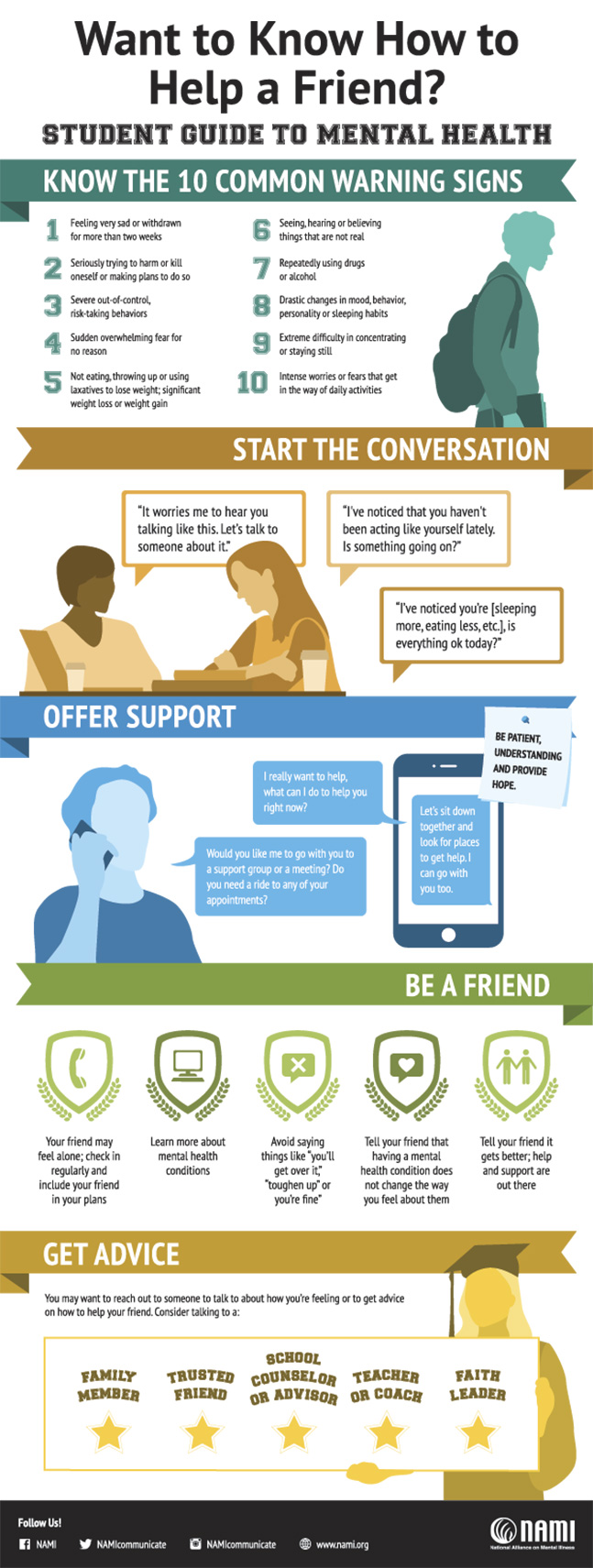
Infographic provided by NAMI. To view larger and learn more, visit: https://phide.lt/3qwY9UL
Mental Health Resources
Depression strikes men of any age or race and some of the most successful people. Consider NBA star Kevin Love, who, despite winning an NBA title and being at the top of his career, has publicly acknowledged his struggles with depression.
The message from Kevin and anyone else dealing with mental health problems is simple: talk to someone. It can start with your brothers in the chapter house, but consider seeking professional help, particularly the things you do to raise your spirits are not effective. Here are some resources to help yourself or a brother with depression:
National Suicide Prevention Lifeline Chat or 1-800-273-TALK (1-800-273-8255)
The Trevor Lifeline (Suicide Prevention for LGBTQ Youth): 1-866-4-U-TREVOR (1-866-488-7386)
CDC-INFO: 1-800-CDC-INFO (1-800-232-4636)
Veterans’ Suicide Prevention Lifeline: 1-800-273-TALK (1-800-273-8255), press 1
Canada Suicide Prevention Hotline: 800-273-8255
How to Tell if a Friend is Struggling
Online Resources for College Mental Health
Transitioning from High School to College and Adulthood Tool-Kit

